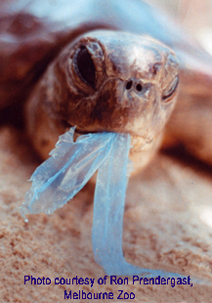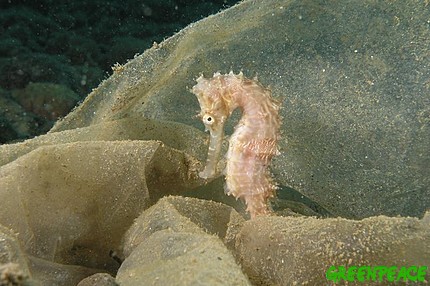Heard of mermaids and how about “mermaids’ tears”, sure it doesn’t mean the weeping mermaids. But that’s what I thought when I first read the word “mermaids’ tears”. These are microscopic particles of plastic that could be poisoning our oceans, according to a British team of researchers. Don’t you think it truly is a wonder how man has survived for so long considering the amount of damage we have been doing to our biosphere. For global warming, we are responsible. Are we here to destroy this planet and than move away to some other. Forget it, it’s just because I am writing too much on space these days.
Coming to the report by British team of researchers, it says that small plastic pellets called “mermaids’ tears”, which are the result of industry and domestic waste, have spread across the world’s seas. The scientists had previously found the debris on UK beaches and in European waters; now they have replicated the finding on four continents. Scientists are worried that these fragments can get into the food chain and other basic marine life. It is only then there will most likely be a huge impact on not only humanity, but on every living thing on Earth.

Plastic rubbish, from drinks bottles and fishing nets to the ubiquitous carrier bag, ends up in the world’s oceans. Sturdy and durable plastic does not bio-degrade, it only breaks down physically, and so persists in the environment for possibly hundreds of years. Among clumps of seaweed or flotsam washed up on the shore it is common to find mermaids’ tears, small plastic pellets resembling fish eggs.
Whether plastics present a toxic challenge to marine life and subsequently to humans is one of the biggest challenges facing marine scientists today.
Mermaids’ tears remain everywhere and are almost impossible to clean up. Whatever the findings eventually show, there is little that can be done now to deal with the vast quantities of plastic already in our oceans. It will be there for decades to come
Let’s give it a thought once again, will the Earth die before we are able to leave this planet for good (only if you think that way) or will Earth continue to live after we kill ourselves. I think its not Earth that is in danger because we don’t have the power to destroy it or to save it but what we have got is the power to save ourselves.
Via: BBC


